Occasional tips and tweaks based on roughly 30+ years of tinkering with hi-fi systems.
A fuse is a fuse, a necessary evil there to protect your mains leads and or when fitted inside the gear the equipment itself. Should there be a short circuit or some other fault in the equipment the fuse will blow and stop the rest of your internals from frying or at worst setting on fire.

The good thing is they protect your equipment from mishaps, the bad thing is they do nothing for sound quality. Looking at the mains plug fuse in particular, every single mains power lead with a UK plug fitted has a fuse inside, power leads selling for £1000’s have a 20p fuse in by and large, so you have paid a lot of money for a so called top end power lead and the electricity has to travel through it to power your chosen equipment, little thought is given to the fuse, most don’t give it a 2nd thought. It is however of fundamental importance to sound quality.
The author has heard every commercially available fuse on the market and sold many thousands, there are obvious differences in sound quality with easily perceivable up-grades in sound quality using better fuses, when we say better this can be pure silver fuse wire (silver being the best electrical conductor known to man) gold plated end caps, ceramic bodies, use of better materials in the actual construction (graphene for instance) and even cryogenic treatment to relieve internal stresses in the metals used in the fuse manufacturing.
There have been great advances over the last few years with regards to audiophile fuses, one of the leading companies in this field are Synergistic Research from the USA. Below is an except from their website with regards to undrsatanding why fuses make a difference to sound quality.
How fuses alter the sound of your system.
For over one hundred years people believed electrons flowed like water through a pipe and that once ‘contaminated’ by miles of wire, there was little or nothing that could be done to ‘clean’ the electricity feeding your components. Consider this: the electricity feeding your system’s components first propagates through a single fuse. This is why significant gains in sound quality are possible when you insert an SR Black or Blue Fuse into each of your components.
Today physicists understand electrons don’t flow at all but rather propagate in a wave of energy that moves along a conductor with a multitude of factors that alters this wave at the quantum level. To understand how electricity travels without electrons ever leaving their respective atoms it is helpful to consider the spectator ‘wave’ at a football match. Even though you can clearly see a wave pattern moving from spectator to spectator as fans raise and then lower their hands (without hands jumping from one person to the next), so too does electricity ‘move’ without electrons ever leaving their atoms. At Synergistic Research we’ve isolated key factors that affect how electricity propagates by changing the behavior of electrons through Inductive Quantum Coupling methods we collectively call UEF Tech. In fact, UEF Tech is so powerful even an electrical chain several miles long is fundamentally improved with nothing more than a single fuse engineered with our patented UEF Technology.

Mention must be made when fuses are discussed to who are probably the pioneers of audiophile fuses, Hi-Fi Tuning of Germany who were possibly the first company to mass market “better” fuses. From a UK mains plug fuses which is 25.4mm long (exactly 1 inch) to the internal fuses inside your equipment which are 20mm long and finally the USA internal fuses which are 32mm long.
Until you have tried changing your fuses (always consult a professional if in doubt as electricity can kill) then you may never fully appreciate just what your hi-fi system is capable of.
David Brook – MCRU
Fuses available on the MCRU website.


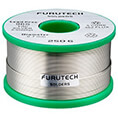
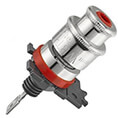









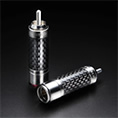
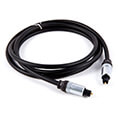
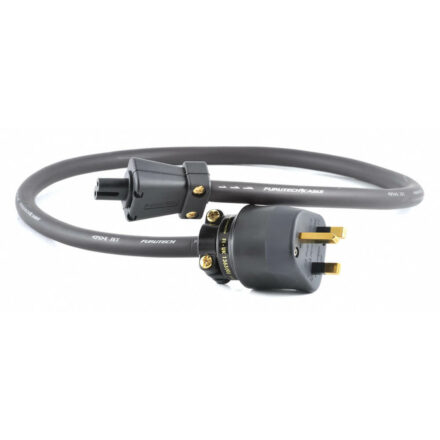
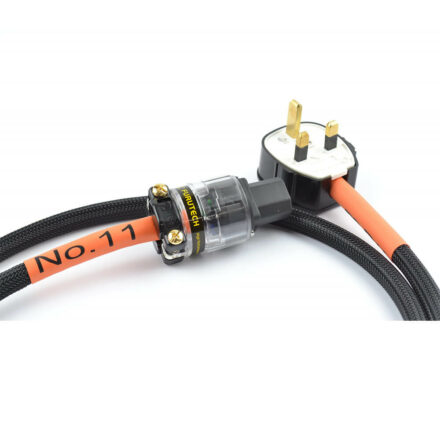
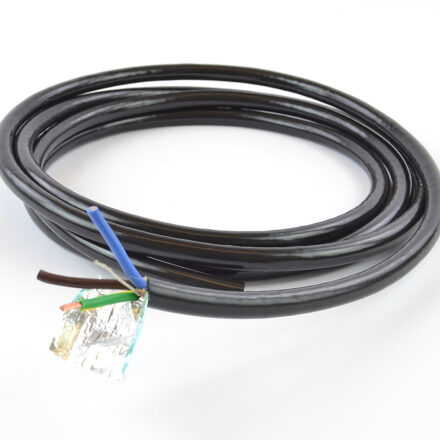
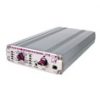
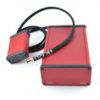
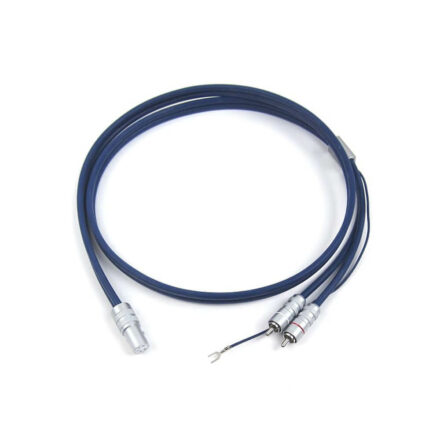
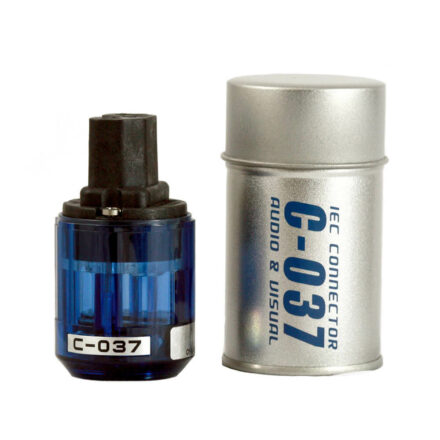


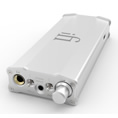

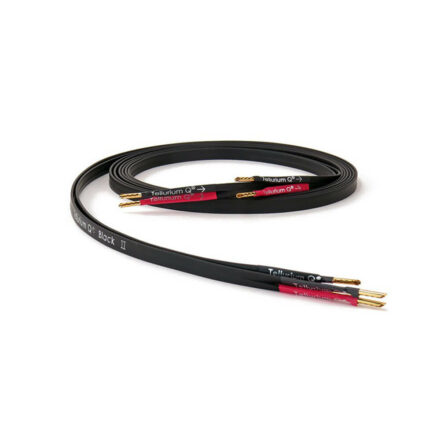
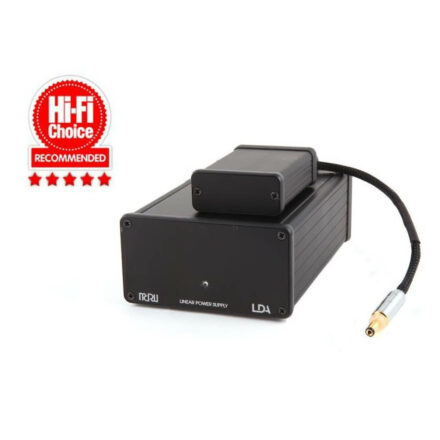


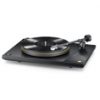
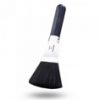






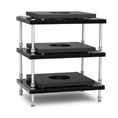

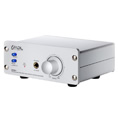

























I fully agree with David. Pound for pound, uses are probably the least expensive way to improve the sound in your system. Change as many as you can and be amazed. I did and never regretted it.